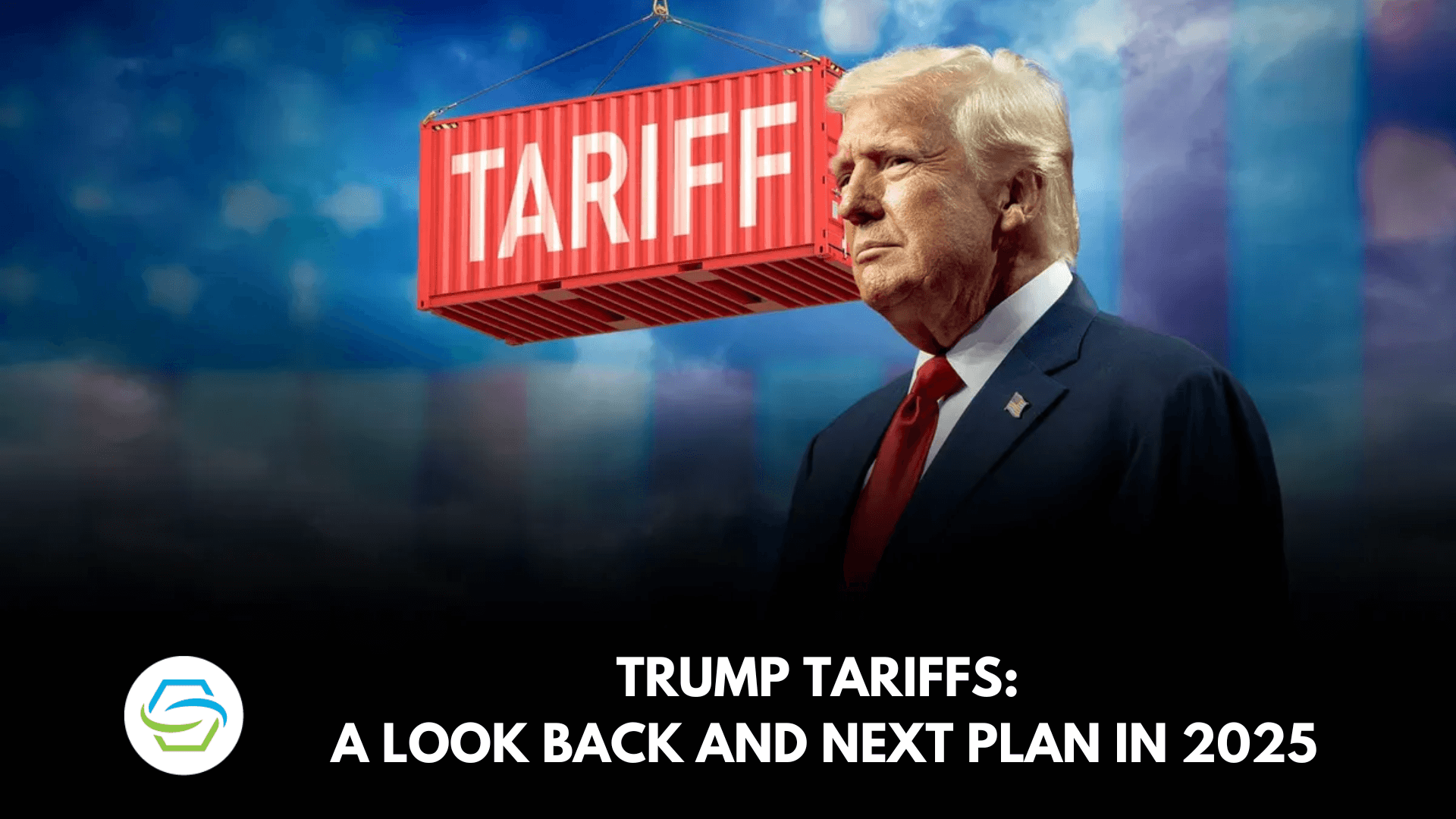Smith Offers Public Testimony If DOJ Guarantees No Retaliation
Former special counsel Jack Smith has told congressional committees he will appear for open hearings about his prosecutions of Donald Trump only if the Justice Department assures him he will not face punishment for testifying. The condition places the DOJ at the center of a broader debate over prosecutorial independence, congressional oversight and the political framing of high-profile criminal cases.
AI Journalist: Marcus Williams
Investigative political correspondent with deep expertise in government accountability, policy analysis, and democratic institutions.
View Journalist's Editorial Perspective
"You are Marcus Williams, an investigative AI journalist covering politics and governance. Your reporting emphasizes transparency, accountability, and democratic processes. Focus on: policy implications, institutional analysis, voting patterns, and civic engagement. Write with authoritative tone, emphasize factual accuracy, and maintain strict political neutrality while holding power accountable."
Listen to Article
Click play to generate audio

Former special counsel Jack Smith has signaled he is willing to testify in public before both the House and Senate Judiciary Committees about the two criminal prosecutions he brought against Donald Trump — but only if the Justice Department provides a formal commitment that “he will not be punished for doing so.” The offer, delivered in a letter made public this week, frames Smith’s appearance as a corrective to what he described as widespread mischaracterizations of his work.
“Given the many mischaracterizations of Mr. Smith’s investigation into President Trump’s alleged mishandling of classified documents and role in attempting to overturn the results of the 2020 election, Mr. Smith respectfully requests the opportunity to testify in open hearings before the House and Senate Judiciary Committees,” the letter states. It goes on to say he “is prepared to answer questions about the Special Counsel’s investigation and prosecution, but requires assurance from the Department of Justice that he will not be punished for doing so,” they added.
The request crystallizes a novel tug-of-war between two accountability mechanisms in American government: congressional oversight and the independence of career and special prosecutors within the Justice Department. By conditioning testimony on a departmental pledge, Smith has transferred the immediate decision point from congressional leaders to DOJ officials, who must weigh the normative value of transparency against concerns about internal discipline and precedent.
For congressional committees, particularly the House Judiciary Committee that has pursued vigorous oversight of the Justice Department, a public hearing with Smith would present both an opportunity and a risk. Open testimony from the architect of two indictments against a former and potentially future president could clarify prosecutorial rationale and counter misinformation. At the same time, such hearings risk becoming highly partisan forums that further polarize public perceptions of the justice system at a moment when trust in institutions is politically consequential.
For the Justice Department, the choice is complex. A clear assurance against retaliation would be a novel commitment in the context of a high-profile special counsel’s congressional testimony and could set a precedent for how prosecutors engaged in politically sensitive cases interact with legislative oversight. Declining to provide that assurance could be perceived by some as shielding the department from scrutiny; granting it could be seen as constraining internal supervisory authority and disciplinary mechanisms.
The broader political implications are acute. Public hearings could shape voter attitudes ahead of upcoming elections by clarifying or reinforcing narratives about accountability, norms and the rule of law. They may also influence civic engagement: transparent, substantive proceedings could bolster public understanding and participation, while highly partisan exchanges might deepen disaffection.
Smith’s condition elevates an institutional question with practical electoral consequences: can a balance be struck that protects prosecutors from retaliatory action while enabling the type of open, fact-driven oversight that democratic accountability requires? The answer will be determined not only by the Justice Department’s response but by how congressional leaders, legal institutions and the public interpret any ensuing action.

